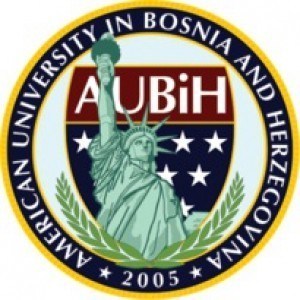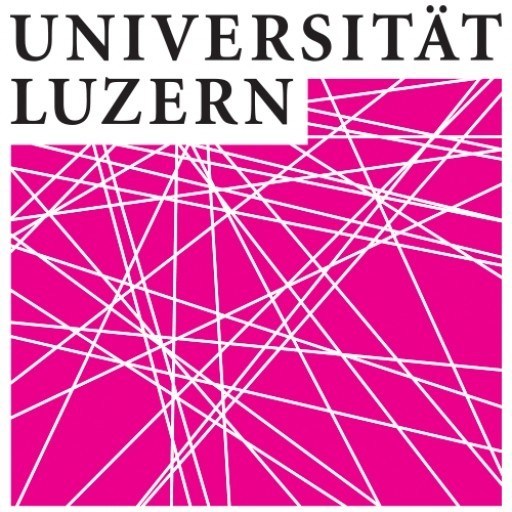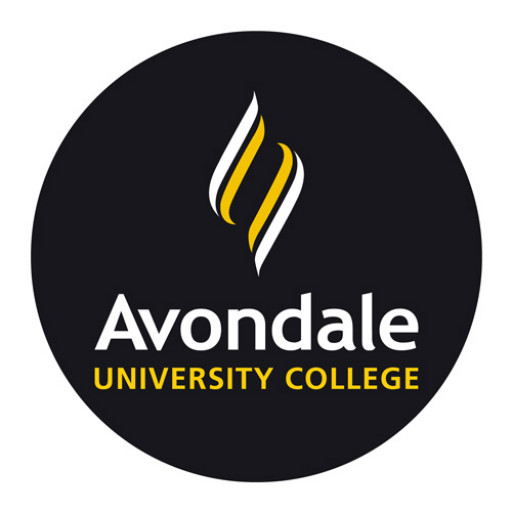Photos of university / #edinburghuniversity
The Master of Arts in Theology and World Christianity at the University of Edinburgh offers a comprehensive and in-depth exploration of Christian faith, theology, and global religious contexts. This challenging programme is designed for students interested in understanding the diverse expressions of Christianity across different cultures and regions, as well as engaging critically with theological debates and contemporary issues facing Christianity worldwide. Throughout the course, students will examine key theological themes, historic developments, and current challenges within the global Christian community.
The programme combines rigorous academic research with practical insights into the role of Christianity in various socio-political contexts, fostering a nuanced understanding of how religion shapes and is shaped by cultural, political, and social factors in different parts of the world. Students will have opportunities to explore topics such as Liberation Theology, Pentecostalism, African Christianity, Asian Christianities, and the history of Christian missions. They will also engage with core theological disciplines like biblical studies, systematic theology, ethics, and church history.
Students benefit from the university’s distinguished faculty, whose expertise encompasses a broad spectrum of theological and religious studies. The programme encourages critical thinking, engaging students in discussions on contemporary issues such as religious pluralism, interfaith dialogue, social justice, and the role of Christianity in modern society. In addition to classroom learning, students are invited to participate in seminars, workshops, and conferences, providing valuable networking opportunities and exposure to ongoing research in the field.
The programme equips graduates with the skills necessary for careers in academia, religious institutions, non-governmental organizations, faith-based advocacy, and intercultural dialogue. It also prepares students for further doctoral study in Theology or related fields. The flexible structure allows students to tailor their coursework according to their interests, including options for research projects or dissertations, supported by dedicated faculty guidance.
Located in Edinburgh, a city rich in religious history and diverse cultural influences, the university offers an inspiring environment for theological studies. The MA in Theology and World Christianity is ideal for those passionate about exploring the global dimensions of Christianity and seeking to make meaningful contributions to understanding and addressing contemporary religious issues around the world.
The MSc in World Christianity at the University of Edinburgh offers a comprehensive exploration of the global dimensions of Christian faith, practice, and community. This interdisciplinary programme is designed for students interested in understanding the diverse expressions and histories of Christianity across different cultural, social, and geopolitical contexts. Over the course of the programme, students will examine key themes such as the history of Christianity worldwide, contemporary religious movements, theological developments, and the role of Christianity in social and political change.
The programme comprises core modules that provide a solid foundation in the study of World Christianity, including an introduction to the history and theology of Christianity in different regions, as well as methodological approaches used in religious studies. Students will also have the opportunity to choose from a range of optional modules tailored to their specific interests, such as the study of Christian indigenous movements, diasporic communities, and the impact of Christianity on global ethics and human rights.
A significant component of the MSc is the research project, which allows students to engage in in-depth investigation on a topic related to World Christianity. Under the supervision of experienced faculty members, students will develop their research skills, critically analyse sources, and contribute original insights to academic discussions.
Beyond classroom learning, students are encouraged to participate in seminars, workshops, and field trips that enhance their understanding of Christianity’s role in different cultural settings. The programme also fosters a critical and nuanced understanding of issues such as religious pluralism, intercultural dialogue, and the challenges faced by Christian communities worldwide in the modern era.
Graduates of the MSc in World Christianity will be well-equipped for careers in academia, religious leadership, intercultural consultancy, international development, or further postgraduate research. The University of Edinburgh’s rich academic environment and global network offer students valuable opportunities for engagement with scholars and practitioners from around the world.
Overall, this programme provides a deep, broad, and critical perspective on the multifaceted phenomenon of Christianity across the globe, preparing students to contribute thoughtfully and effectively to academic, religious, and social debates.
The MSc in World Christianity at the University of Edinburgh requires applicants to have a good honours degree or equivalent qualification in a relevant subject such as theology, religious studies, or related disciplines. The program emphasizes interdisciplinary approaches, so applicants with backgrounds in history, anthropology, or area studies focusing on Christian communities worldwide may also be considered. Prospective students are expected to demonstrate a strong interest in the study of Christianity across different cultural and historical contexts and to have a capacity for independent research.
Applicants are advised to submit a personal statement outlining their academic interests, relevant experience, and motivation for pursuing the MSc in World Christianity. References from academic referees familiar with the applicant’s scholastic abilities are also required. There is no specific requirement for prior knowledge of languages; however, familiarity with relevant languages may be advantageous for research purposes. The program values diversity and encourages applications from candidates worldwide, including those with non-traditional academic backgrounds, provided they show strong research potential.
The MSc entails coursework, including core modules on the history, theology, and global movements of Christianity, alongside optional modules that allow students to tailor their learning towards particular regions or themes. In addition, students undertake a supervised dissertation on a topic related to World Christianity, demonstrating their ability to conduct independent research. The program combines lectures, seminars, and workshops to foster a collaborative learning environment. All students are expected to engage actively in discussions and contribute to a vibrant academic community. Practical language classes may be available as part of the course offerings, supporting students’ research needs. Admission is competitive, and the university assesses applications on academic merit, research potential, and motivation.
The University of Edinburgh offers a range of funding options for students enrolled in their degree programmes related to World Christianity and related fields. Scholarships and bursaries are available specifically for international students, which may cover tuition fees partially or in full, depending on the criteria and competitive selection process. Additionally, students can explore government-funded loans and grants from their home countries, which are sometimes applicable for postgraduate studies at the university. The university also provides information on external funding opportunities, including charitable organizations and religious foundations that support studies in Christian theology and related disciplines.
Students are encouraged to apply early for scholarships, as some funds have limited availability and are awarded on a competitive basis considering academic excellence and other criteria. The university’s dedicated financial aid office offers comprehensive advice on funding sources, application procedures, and eligibility requirements. International students might also consider work-study options available on-campus, which can help offset living costs while pursuing their degree.
For postgraduate students, there are also specific research grants and assistantship positions, which provide additional funding support for research projects. These grants are often tied to academic performance and research proposals aligned with the university’s strengths in world Christianity studies. The university’s financial support policies aim to make education accessible and affordable, encouraging diverse and international student enrollment.
Students should regularly check the university’s official website and contact the admissions or financial aid office for the most current information about available funding opportunities, application deadlines, and eligibility criteria. Overall, while financial support options are extensive, applicants are advised to plan their funding sources well in advance to secure necessary resources for successful enrollment and study completion.
The MSc in World Christianity at the University of Edinburgh offers students a comprehensive understanding of the global Christian tradition and its diverse expressions across different cultural and geographical contexts. This interdisciplinary program combines insights from theology, history, anthropology, and sociology to explore the development, spread, and contemporary issues of Christianity worldwide. Students examine key themes such as missionary movements, indigenous Christianity, religious syncretism, and the role of Christianity in social and political change. The curriculum is designed to provide both a broad overview and in-depth analysis of case studies from various regions including Africa, Asia, Latin America, and Europe. The program also emphasizes the importance of understanding Christianity’s interaction with other religions and its influence on global affairs. Through lectures, seminars, and independent research, students develop critical skills in theological analysis, historical interpretation, and ethnographic research methods. The university’s strong links with religious communities and organizations provide opportunities for fieldwork and practical engagement. Graduates of this program are well-equipped for careers in academia, religious organizations, NGOs, intercultural dialogue, and policy-making. The MSc in World Christianity reflects the university’s commitment to fostering a nuanced understanding of religious diversity in a globalized world and prepares students to contribute thoughtfully to discussions on religious issues. The program can be completed in one year full-time or part-time over a longer period, offering flexibility to accommodate different student needs. Overall, this program provides a rigorous, globally oriented education that prepares students to analyze the complex dynamics of Christianity in the 21st century.








